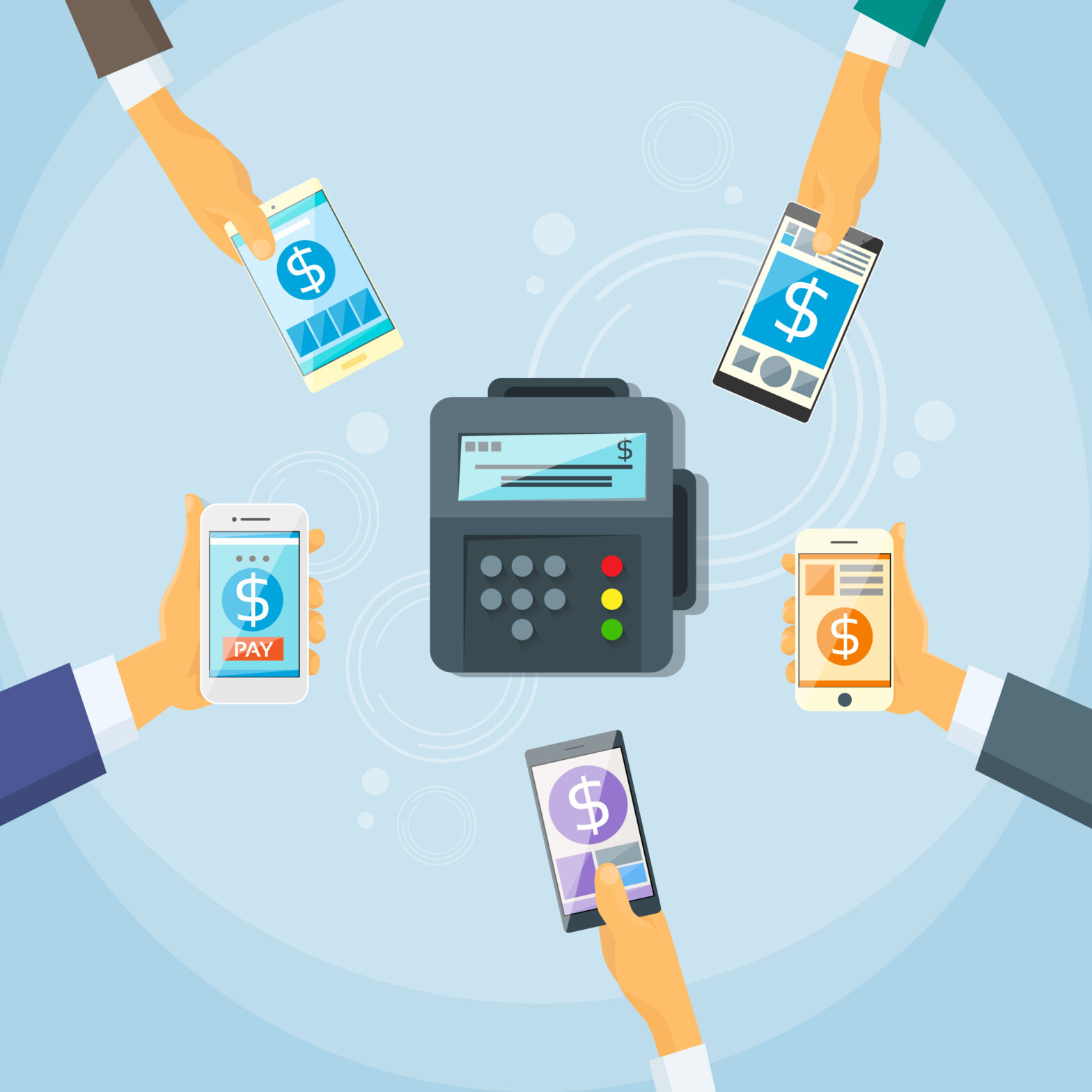Telefónica, the mobile communications giant that owns O2, has stepped up its mobile payments strategy with two new attempts to encourage people to use their phone bills as currency.
Yesterdy, the company announced agreements with Facebook, Microsoft, Google and RIM that will allow its customers to pay for digital goods – suchs as apps or content – using their mobile phone bill.
In a statement, Telefónica said it would be able to "leverage the billing relationship it has with its mobile customers" to drive mobile sales, initially working with four of the largest technology companies in the world.
Telefónica said that "Direct to Bill payments" were proving popular in the markets it has tested it in so far, with 400,000 customers using the service every month in Germany.
Telefónica said it plans to make the Direct to Bill payments option live in 14 markets by the end of this year. The network operator views Latin America as a market with strong potential for Direct to Bill payments, as 60% of the population does not have a bank account.
Interesting Links
This morning, the carrier announced that it has expanded its mobile payments partnership with credit card services company Visa – already established in the UK – to the whole of Europe.
"The agreement will see both companies co-invest in the development of innovative products and services in areas such as mobile wallet, contactless payments (NFC), acquirer services for mobile point of sale, and merchant offers," they said in a joint statement.
Earlier this week, Visa-rival Mastercard signed an agreement with Deutsche Telecom that will allow the latter’s mobile customers in Germany to make payments using their phones, as of June 2013.
Interesting Links
UK mobile technology analyst company Juniper Research has estimated that the volume of mobile payments will double from current levels to more than $600 billion globally by 2013.










